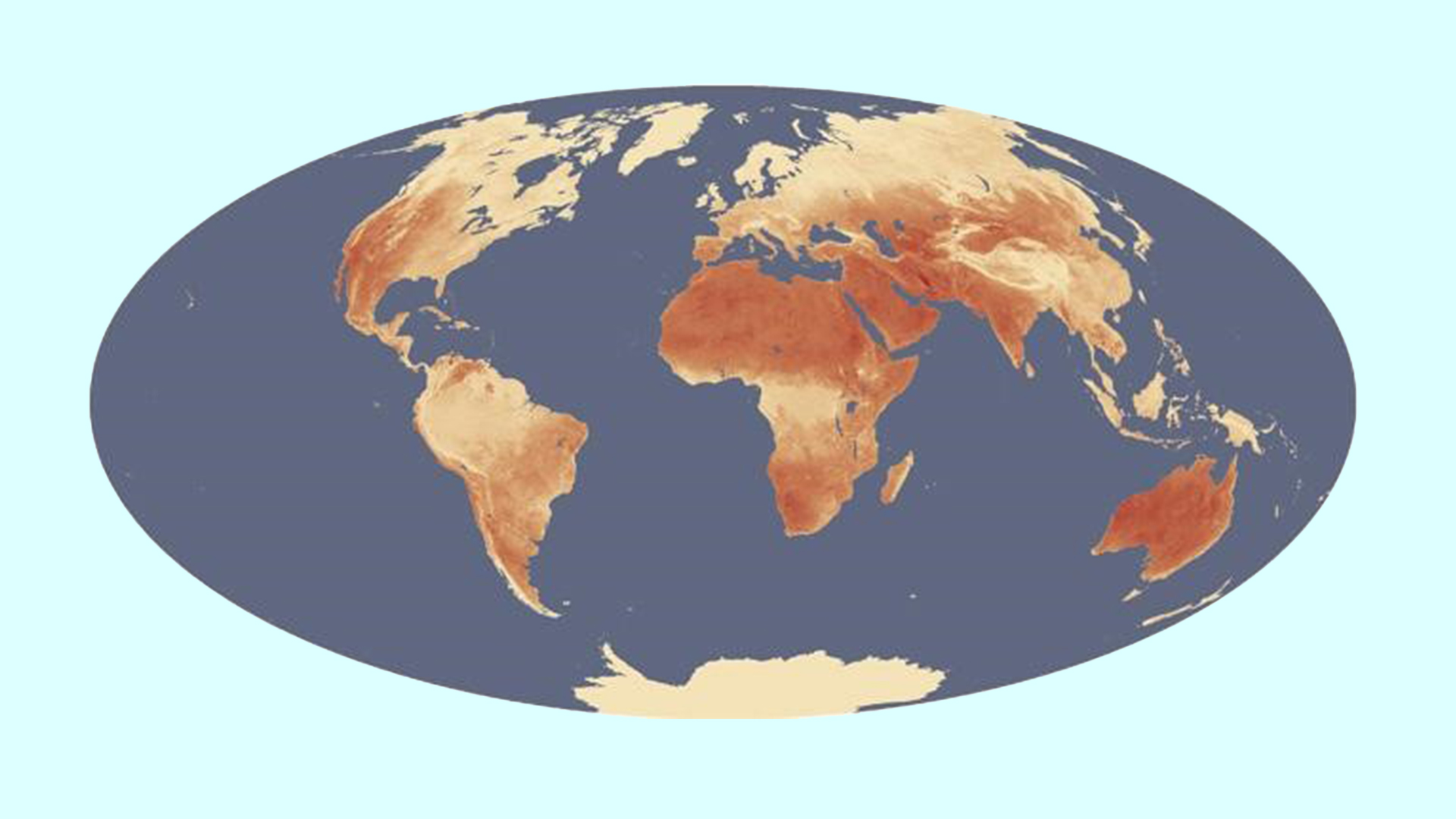
In late August airport, fast food, retail, and farm workers in 13 cities from Atlanta to Los Angeles joined to demand on-the-job heat protections from employers and the federal government. Dubbed “Heat Week,” their action included rallies, town halls, and delegations. They called for immediate action from employers to ensure their safety in the workplace, including adequate breaks and access to drinking water during periods of extreme heat.
Service workers rallied at major airports in Charlotte, North Carolina, and Phoenix. Phoenix had passed a heat ordinance earlier this year, but its enforcement has been inadequate. At the rally City of Phoenix Councilwoman Betty Guardado asked, “Why is it after passing an ordinance we’re still asking for the basics? Water. Breaks. These are humans rights.” At the end of Heat Week, workers across the country – in a sort of multi-industry mini-strike — took coordinated water breaks to demand the right to water at work.
Heat Week was spurred in part by the recent heat-related sudden deaths of North Carolina postal worker Wednesday “Wendy” Johnson and Maryland sanitation worker Ronald Silver II.
According to a recent article in Labor Notes, some workers are winning heat protections through direct action on the job. At Amazon’s San Bernardino air hub, for example, workers organizing a union drive established their own health and safety committee. They complained to the state job safety board, which sent inspectors and eventually cited the company for unsafe heat exposure. As a result, they won breaks and cold drinks. IBEW workers in Jacksonville, FL refused to work until they were provided the water they were entitled to under their union contract; the foreman immediately left to get water for them. When a manager failed to respond to workers’ complaints about heat and wildfire smoke at a Starbucks in Prosser, Washington, workers walked out on the spur of the moment. They rapidly moved to unionize and won a union authorization election the next month—and fans in their workplace.
To learn more: